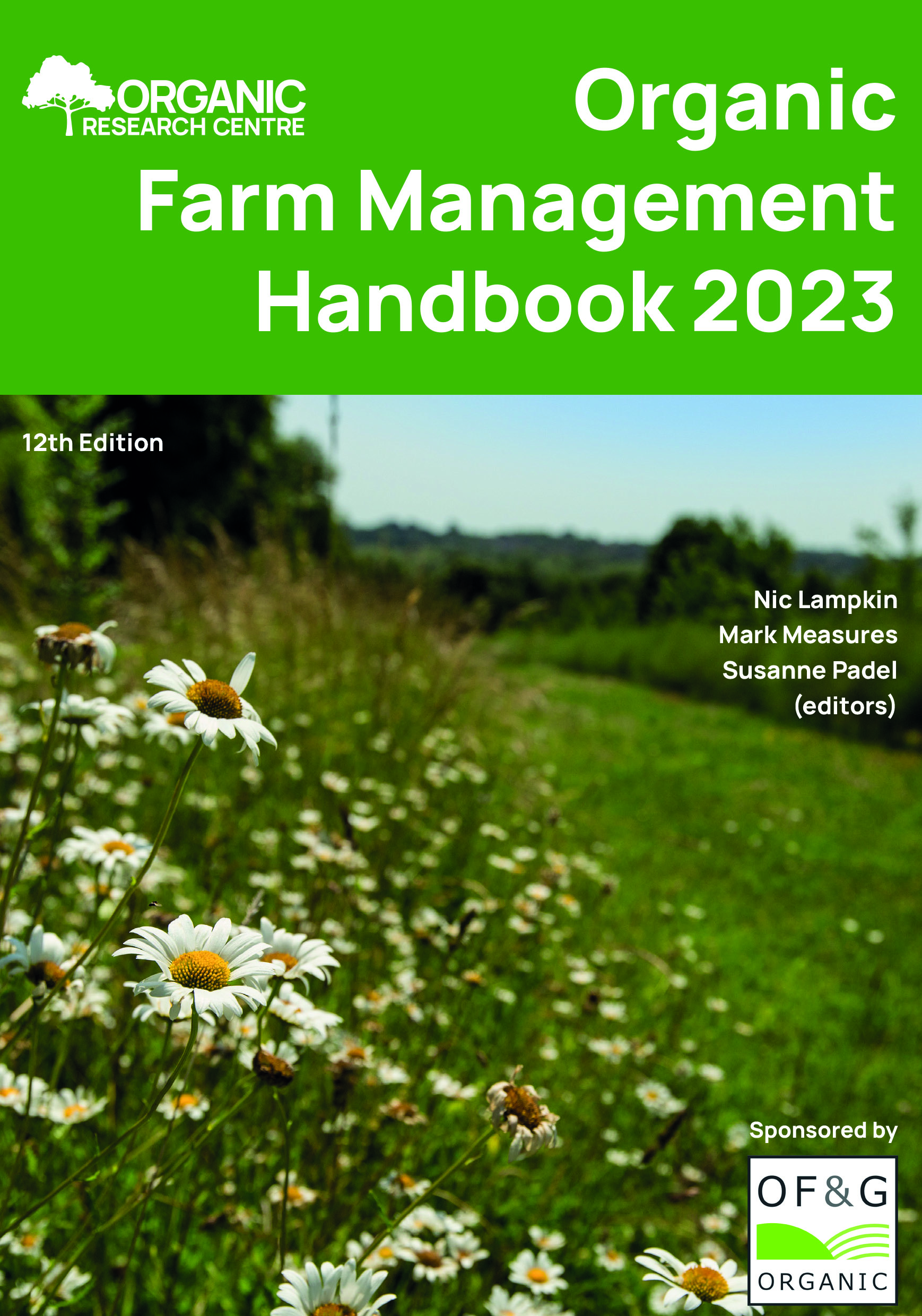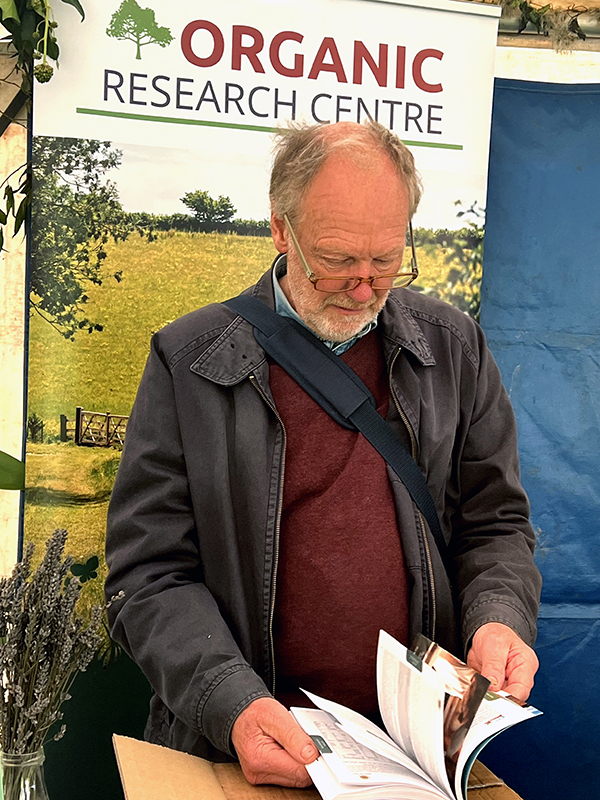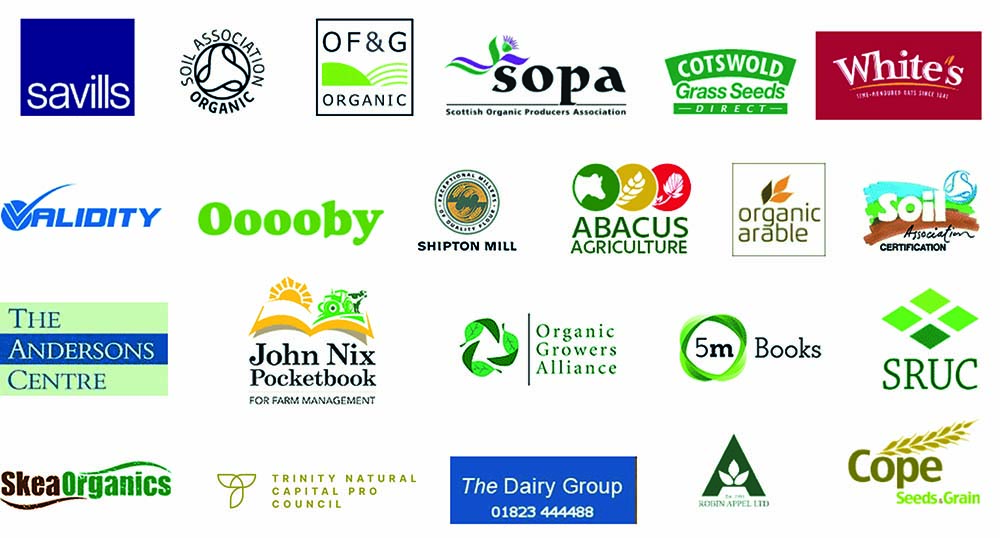The Organic Farm Management Handbook 2023
Your ultimate guide to uncovering the costs and benefits of organic farming.
At a time where external agricultural inputs are at a high, organic production as a solution to the transition to low input systems has never seemed more logical. This is one reason why we are relaunching the Organic Farm Management Handbook to assist organic farmers, and farmers considering conversion, with navigating difficult farm business decisions.
After a tumultuous few years for the food and drink market, our hope is that the resurrection of the handbook will better equip organic farmers, growers, and prospective entrants with reliable market data, specific sector budgets, and sources of information and advice.
Meet the Editors: Nic Lampkin, Mark Measures and Susanne Padel
For bulk order enquires please email philippa.h@organicresearchcentre.com
Take our quick survey if you already have a copy of the handbook and/or are you interested in business information for UK organic agriculture?


Information is key
One of the key barriers preventing more farmers moving into organic farming is the lack of current information on the costs and business performance of organic farms and related management issues. The revised OFMH provides that information – utilising in depth historical data and expert opinion.
It is the essential tool for understanding the economics of organic farming in the UK and can:
Help with business plans and budgets
Provide a means of assessing the viability of
specific crops and livestock
Advise on conversion related innovations such
as new marketing approaches.
Thanks to our sponsors and donors

Your details will only be used by the Organic Research Centre in adherence with our Privacy Policy. You're free to change your mind at any time by clicking the unsubscribe link in the footer of any email you receive from us, or by contacting our friendly Supporter Team: supporters@organicresearchcentre.com.


